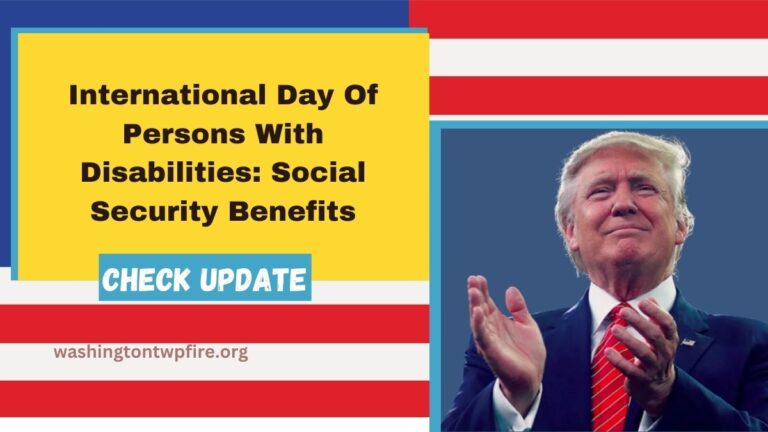Social Security benefits are set to increase, but the final decision now lies in the Senate’s hands. With the Social Security Fairness Act gaining bipartisan support, it could change the lives of millions of retirees, particularly those affected by provisions like the Windfall Elimination Provision (WEP) and the Government Pension Offset (GPO).
This bill aims to eliminate these provisions and restore fairness to many who are currently seeing reduced benefits. Let’s explore how this legislative move could impact Social Security recipients and what’s next in the legislative process.
Next Social Security Benefit Increase in Senate’s Hands
The Social Security Fairness Act, which has already passed in the House, is now awaiting approval in the Senate. The bill’s passage could eliminate the WEP and GPO, which reduce Social Security benefits for workers receiving pensions from government jobs not covered by Social Security.
These provisions have long been criticized for unfairly limiting the benefits of retirees who have paid into Social Security but see their retirement benefits reduced due to their pension from government work.
The Impact of WEP and GPO on Public Employees
The Windfall Elimination Provision and the Government Pension Offset primarily affect government employees like teachers, police officers, and firemen who do not receive Social Security benefits from their government jobs.
Under current rules, these workers face reduced Social Security benefits despite paying into the system through other work, making their retirement years financially strained.
Legislative Support for the Bill
With 62 co-sponsors in the Senate, the Social Security Fairness Act has strong backing. Its supporters, including Representatives Abigail Spanberger and Garret Graves, argue that the WEP and GPO provisions amount to benefit theft and should be repealed.
Despite the broad support, the Senate leadership must still act on the bill, and advocates are urging for swift action before the year ends.
Table
| Year | Co-Sponsors | Bill Status | Estimated Impact | Beneficiaries |
|---|---|---|---|---|
| 2024 | 62 | Awaiting Vote | Increased Benefits | Retired Teachers, Firemen, Police Officers |
| 2023 | 327 | Passed in House | Restoration of Full Benefits | 800,000 Retirees |
| 2024 | 75 | Blocked by Opponents | WEP/GPO Repeal | 2 Million Social Security Recipients |
| 2024 | 62 | In Senate Hands | Higher Social Security | Government Employees |
Social Security Fairness Act’s Future in the Senate
Although the bill has momentum, the Senate’s approval is crucial. There are concerns that political deadlock could delay the vote, and some senators may not seek reelection or have lost their attempts.
However, if the bill is passed, it is expected to be signed into law by President Joe Biden, bringing about much-needed changes to the system. The passage would ensure that Social Security benefits are not unfairly reduced for certain public employees and their surviving spouses.
The future of Social Security benefits hinges on the passing of the Social Security Fairness Act. If approved by the Senate, this bill could provide financial relief to millions of retirees who have suffered due to the WEP and GPO provisions.
The momentum behind the bill is strong, but time is of the essence for these changes to take effect. Social Security recipients, especially public employees and their families, are watching closely as the Senate decides whether or not to act.
FAQs
The Social Security Fairness Act is a legislative proposal that aims to eliminate the Windfall Elimination Provision (WEP) and the Government Pension Offset (GPO). These provisions currently reduce Social Security benefits for retirees who also receive a government pension from jobs not covered by Social Security.
If passed, the Act would restore full Social Security benefits to retirees who are affected by the WEP and GPO, particularly benefiting public employees like teachers, police officers, and firemen.
The bill is still awaiting a vote in the Senate. If it passes, it will be signed into law by President Joe Biden, likely in 2024. This could bring relief to millions of retirees who have been unfairly impacted by reduced Social Security benefits.
The Windfall Elimination Provision (WEP) and Government Pension Offset (GPO) reduce Social Security benefits for workers who have government pensions but are not covered by Social Security in their government jobs. These provisions primarily impact retirees in public sector jobs like teachers, police officers, and firemen.
Approximately 2 million Social Security recipients are affected by the WEP and GPO, with many experiencing reduced benefits despite paying into Social Security throughout their careers.







